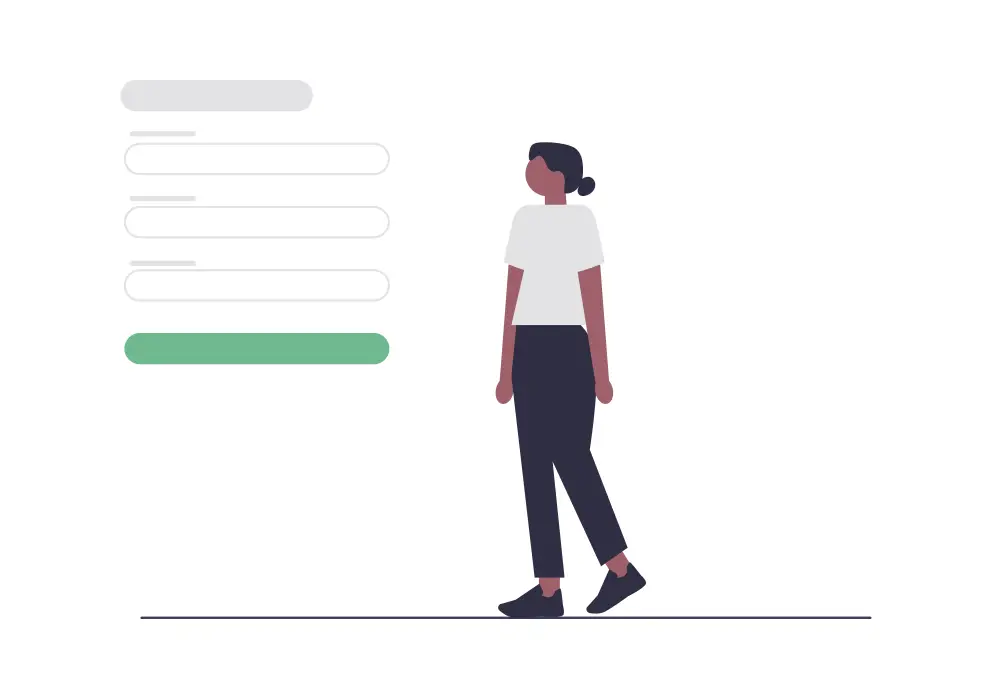Congratulations on your new job or career! It’s an exciting time and there are a lot of things to think about as you navigate this new phase of your life. One of the most important things to consider is your finances. Here are some financial tips to help you get started on the right foot.
- Create a budget
Creating a budget is the first step to taking control of your finances. It’s important to know how much money you have coming in each month and where it’s going. Take some time to write down all of your expenses, including rent/mortgage, utilities, groceries, transportation, and any other bills you have. Once you have a good idea of where your money is going, you can start making adjustments to ensure you’re living within your means.

- Build an emergency fund
An emergency fund is money set aside for unexpected expenses, such as a medical bill, car repair, or job loss. Financial experts recommend having three to six months’ worth of living expenses saved up in an emergency fund. This may seem like a lot, but it’s important to start building your emergency fund as soon as possible. You never know when an unexpected expense will arise, and having an emergency fund can give you peace of mind.
- Save for retirement
It’s never too early to start saving for retirement. If your employer offers a 401(k) or other retirement plan, consider enrolling as soon as possible. Many employers offer matching contributions, which is essentially free money. If you don’t have access to a retirement plan through your employer, consider opening an Individual Retirement Account (IRA) or Roth IRA. Even small contributions can add up over time, thanks to the power of compound interest.
- Pay off debt
If you have any debt, such as credit card debt or student loans, it’s important to make a plan to pay it off as soon as possible. High-interest debt can quickly spiral out of control and make it difficult to achieve your financial goals. Consider prioritizing your debt payments by paying off the highest interest rate debt first, while still making the minimum payments on your other debts.
- Live below your means
One of the best things you can do for your finances is to live below your means. This means spending less money than you earn and avoiding unnecessary expenses. Consider cutting back on things like eating out, entertainment, and luxury purchases. Living below your means can help you achieve your financial goals faster and give you more financial freedom in the long run.
In conclusion, landing a new job or career is an exciting time, but it’s important to think about your finances as you start this new phase of your life. By creating a budget, building an emergency fund, saving for retirement, paying off debt, and living below your means, you can set yourself up for financial success. Congratulations again on your new job or career, and good luck on your financial journey!



